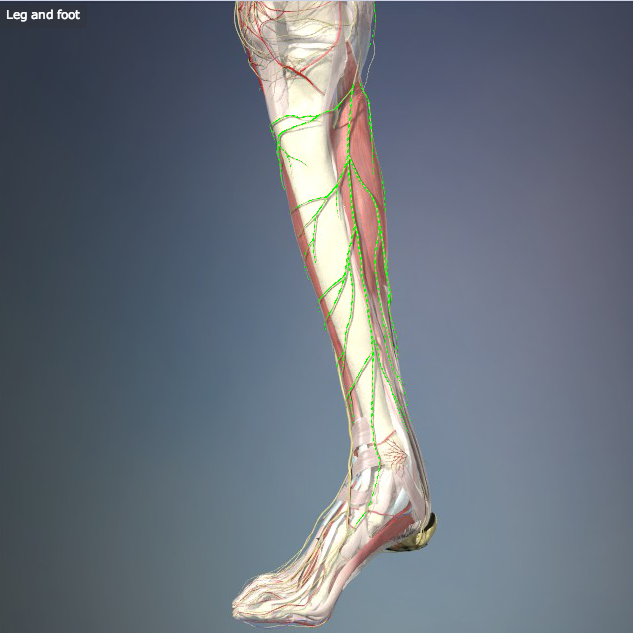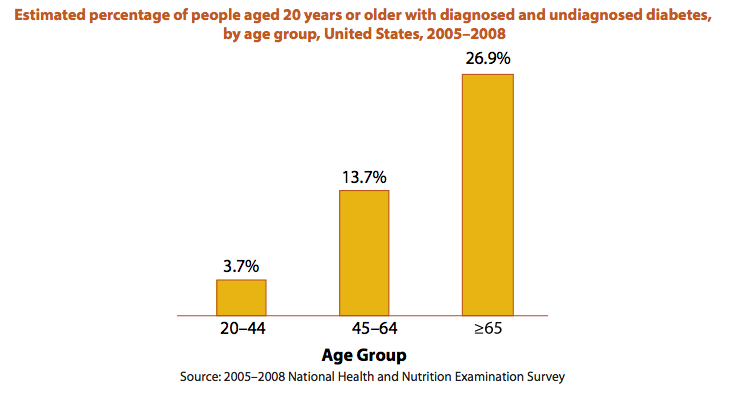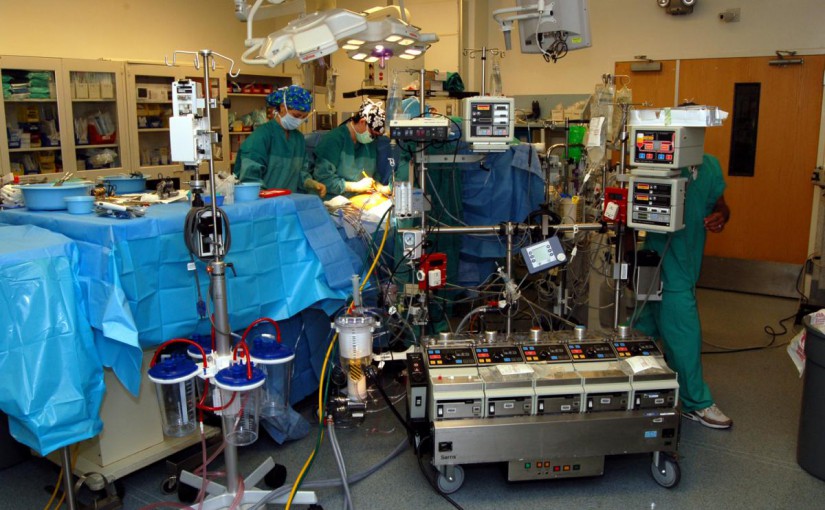Question: Hi. In July of ’11 I died twice the same night from cardiac arrest. After quad bypass surgery, and beginning to come more and more from some of the strong meds for I guess keeping me sedated, I noticed a tremendous burning on the tops of both feet…neuropathy. The bottoms of my feet are both numb which makes it …
Heart health Risks of US Young People
A new study by the American Heart Association has shown that although the majority of clinical CardioVascular Disease (specifically Coronary Artery Disease and Stroke) events occur at middle and older ages, atherosclerosis begins in childhood and cardiovascular health among adolescents aged 12 to 19 years is alarmingly poor. Cardiovascular health in adolescent males by race/ethnicity (aged 12–19 years): Cardiovascular health in adolescent females by race/ethnicity (aged 12–19 years): Shay …
Interventions for Coronary Artery Disease
In determining a treatment strategy for a patient with CAD, there are a variety of considerations that need to be made when selecting the appropriate treatment: Clinical outcomes differ significantly according to the treatment choice, as has been demonstrated by currently available data from the COURAGE, FREEDOM and SYNTAX trials, and emphasize that CABG is superior in the long-term treatment of revascularization in some patients with two-vessel …
Diabetes and Cardiac Health
Diabetes affects nearly 26 million people, 8.3 percent of the U.S. population, or almost 100 million people if patients with pre-diabetes are included. The number of Americans with diabetes is projected to double or triple by 2050. Cardiovascular disease, and specifically, angina, is the number one killer in America. Diabetics are at a particularly high risk of developing heart attacks and stroke with …
The FAME 1&2 Trials
In 1995 Topol[1] first described what vascular surgeons have known for many years: The pressure drop in a fluid flowing through a long cylindrical pipe such as a stenotic artery becomes functionally significant when the obstruction exceeds 70%, first described in the Poiseuille law in 1846[2]. As was stated in Topol’s paper: “Accordingly, before the residual stenosis in an infarct …
“Cardiac perspectives from a heart surgeon”
In March 2013, I participated in a Podcast and several articles, published as “New fronts in heart disease: perspectives from a heart surgeon” in the Digital Journal. In it, I had the opportunity to discuss advances in the the treatment and prevention of heart disease. These were the questions that I addressed during the interview. For the answers I chose from …
Chronic anticoagulation in atrial fibrillation
A few days ago I published an article called fatalities involving the new drug Dabigatran. This has resulted almost immediately in a letter from the Media Group Director of the PR company that handles advertising for the pharmaceutical firm involved. I am glad to post it here: Comment: “Just wanted to contact you with regard to your “Fatalities with Dabigatran and Warfarin …
Fatalities with Dabigatran and Warfarin Caused by Bleeding
A FDA report presented at the 2013 American College of Cardiology (ACC) 2013 Scientific Sessions has suggested a much higher case fatality rate than that reported in other major clinical trials of the drug. For the study, reports of bleeding with dabigatran or warfarin submitted to the FDA between January 1, 2010, and June 30, 2012 were examined: Adverse drug reactions …
The Mediterranean Diet Is Heart Healthy: The PREDIMED Trial
The PREDIMED Trial Comments Eligible participants were mostly older Caucasian women with no evidence of cardiovascular disease at enrollment, with either type II diabetes mellitus or at least three of the following major risk factors: smoking, hypertension, elevated LDL levels, low HDL levels, overweight or obesity, or a family history of premature coronary heart disease: Baseline Characteristics Female gender 60% Mean …
Five Things Physicians and Patients Should Question
Five Things Physicians and Patients Should Question: Don’t perform stress cardiac imaging or advanced non-invasive imaging in the initial evaluation of patients without cardiac symptoms unless high-risk markers are present. Asymptomatic, low-risk patients account for up to 45 percent of unnecessary “screening.” Testing should be performed only when the following findings are present: diabetes in patients older than 40-years-old; peripheral …




